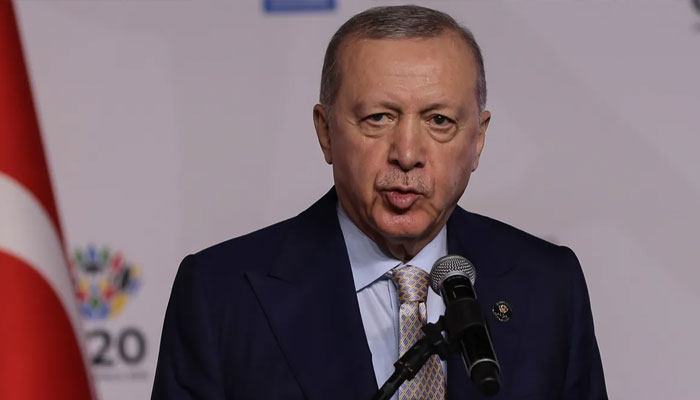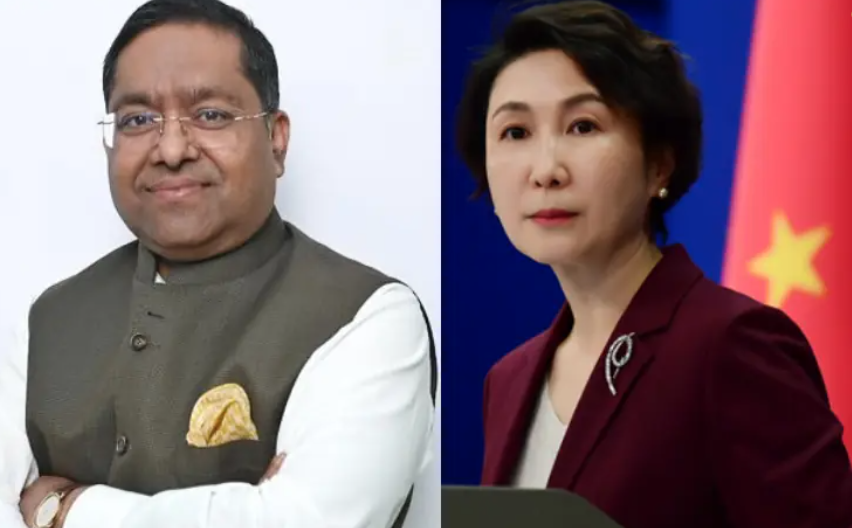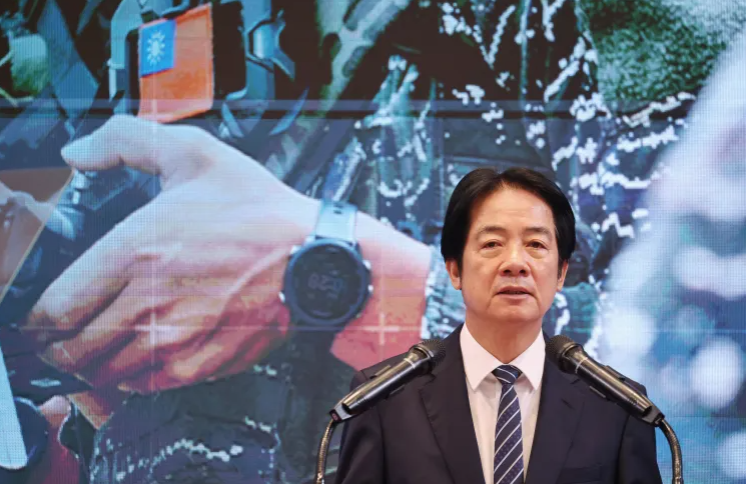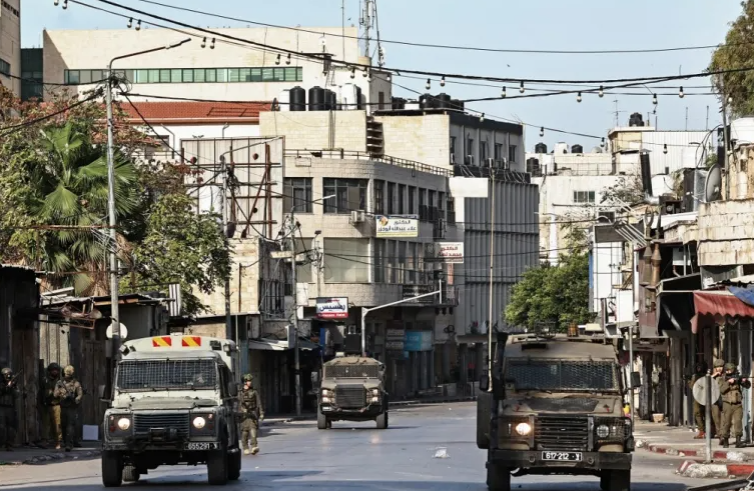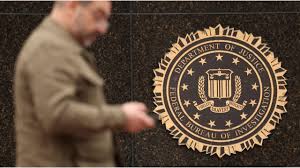WORLD NEWS
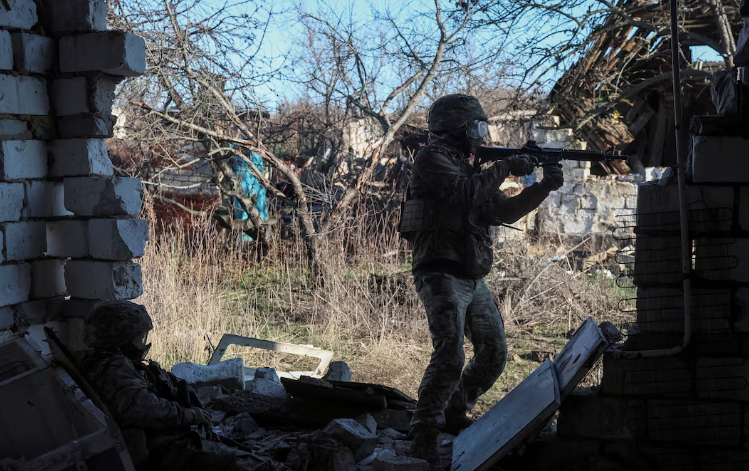
The 28-point U.S.-backed plan to end the war in Ukraine drew on a Russian-authored paper submitted to the Trump administration in October, according to sources familiar with the matter.
The “non-paper,” a diplomatic communication without official status, outlined Moscow’s conditions for ending the war, including concessions previously rejected by Ukraine, such as ceding parts of eastern territory. Following a meeting between former U.S. President Donald Trump and Ukrainian President Volodymyr Zelenskiy in Washington, the Russian paper was shared with senior U.S. officials in mid-October.
The document became a key input in shaping the U.S. peace plan, though some officials, including Secretary of State Marco Rubio, reportedly doubted Kyiv would accept the Russian demands. Rubio acknowledged receiving multiple “non-papers” but did not provide details.
The peace plan’s drafting involved Trump’s son-in-law Jared Kushner, special envoy Steve Witkoff, and Kirill Dmitriev, head of a Russian sovereign wealth fund, in a Miami meeting. According to Bloomberg, Witkoff even advised a Kremlin aide on how President Putin should communicate with Trump.
Plan Adjusted After Backlash
After the 28-point plan became public, it triggered widespread criticism in Washington, Europe, and Kyiv. Nine of the original 28 points were reportedly cut following discussions between senior U.S. and Ukrainian officials, with the most sensitive territorial concessions still under negotiation.
A senior U.S. delegation, including Rubio, revised the plan in Geneva with European and Ukrainian officials. Meanwhile, U.S. Secretary of the Army Dan Driscoll is in Abu Dhabi for talks with a Russian delegation, alongside Ukrainian officials in separate discussions.
Kyiv has expressed conditional support for the modified framework but emphasized that final resolution of contentious territorial issues would require a direct meeting between Zelenskiy and Trump.
The U.S., despite concerns over the plan’s origins, has reportedly pressured Ukraine to engage with the framework, warning of potential curbs on military assistance if Kyiv did not cooperate.
The episode underscores the complex, high-stakes diplomacy shaping efforts to end the Russia-Ukraine conflict, highlighting tensions between Ukrainian sovereignty, U.S. mediation, and Russian demands.
